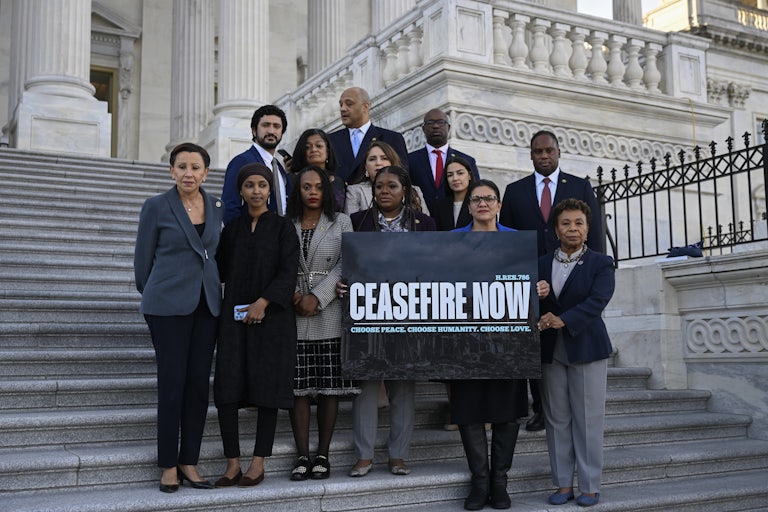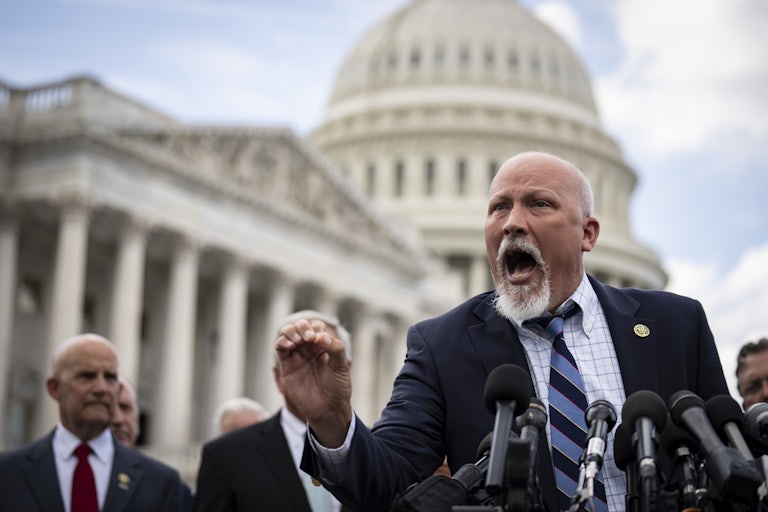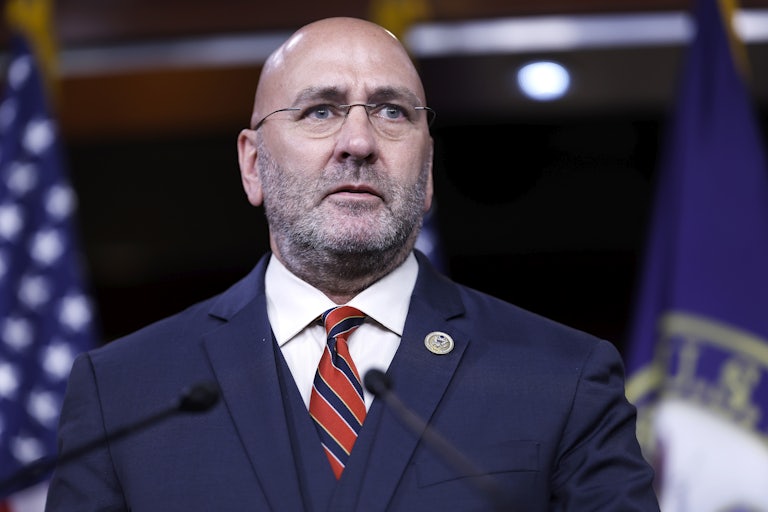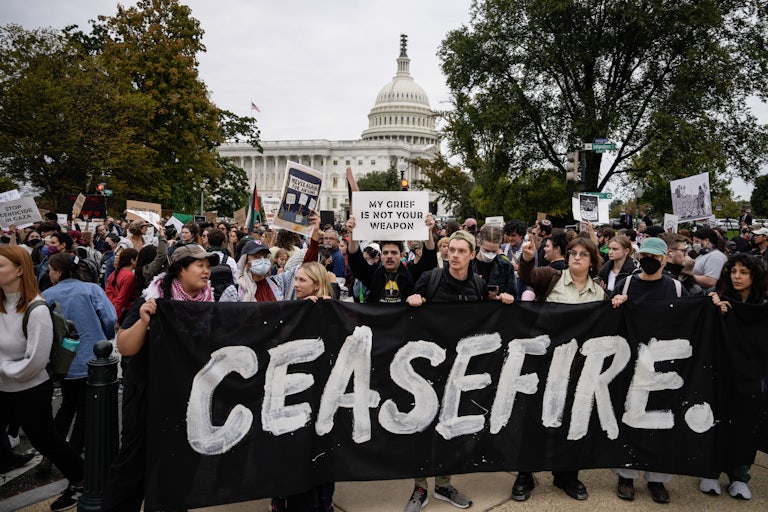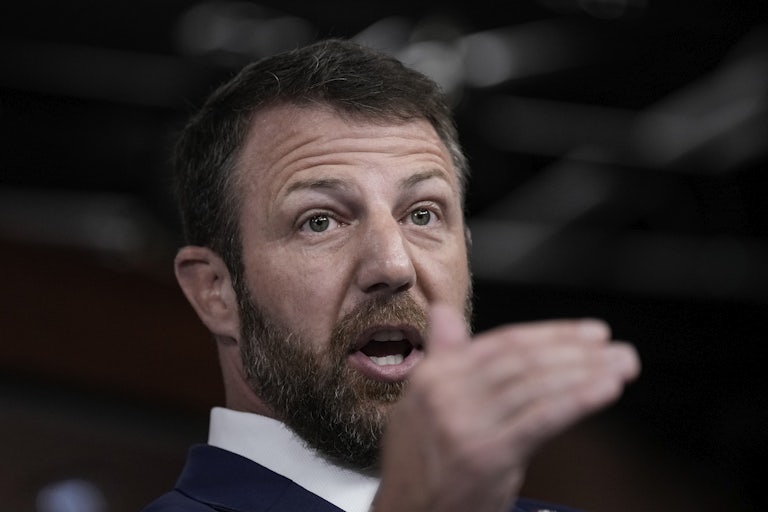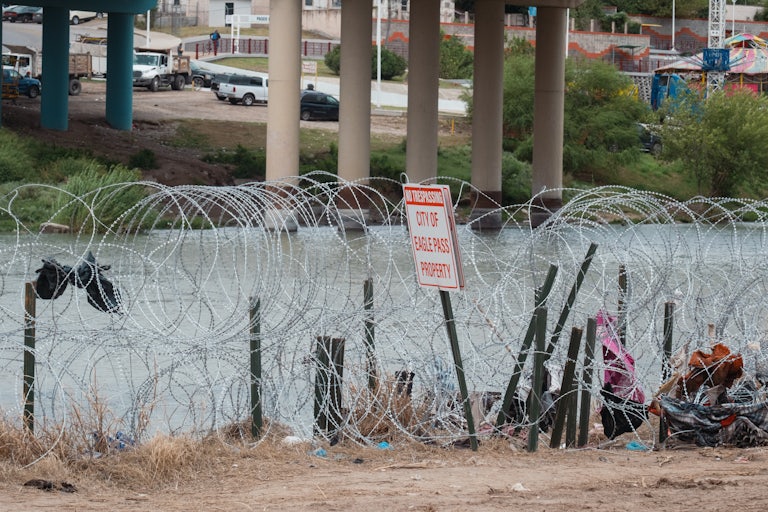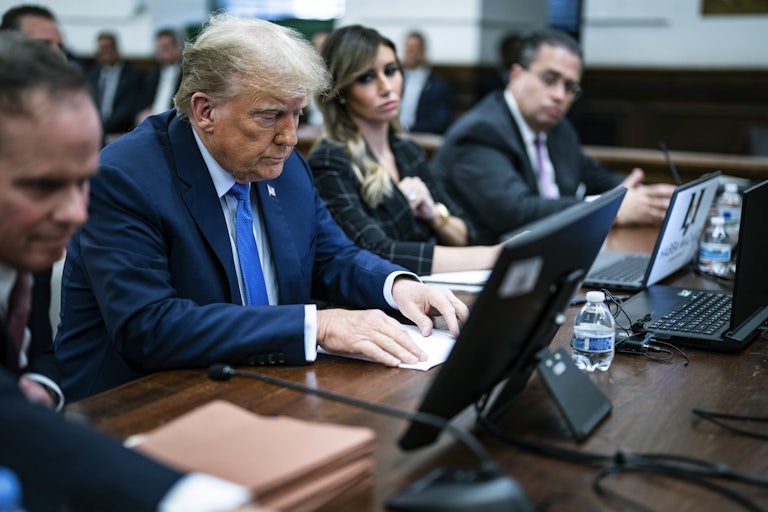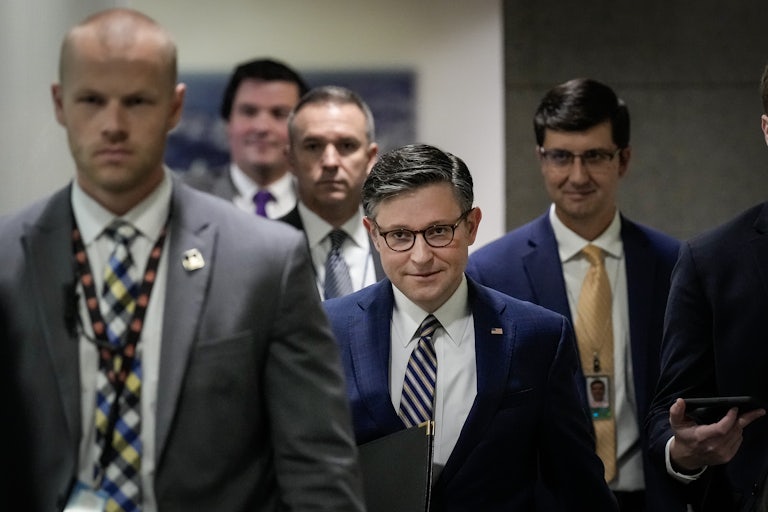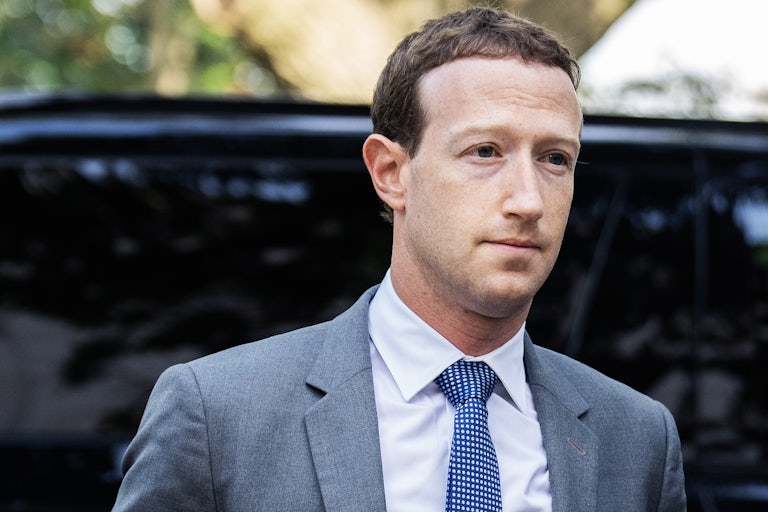Oops! Another State Is Investigating Trump’s Fake Elector Scheme
Nevada’s attorney general is looking into a slew of people who tried to falsely cast votes for Donald Trump in 2020.

Nevada’s attorney general is investigating six Republicans, including the state Republican Party chair, who pretended to be state electors in 2020 to hand the election to Donald Trump.
Democratic state Attorney General Aaron Ford had previously said he would not investigate the case. But in recent weeks, investigators from his office have begun asking witnesses about the six operatives’ efforts to present themselves as legitimate electors, Politico reported Wednesday.
Ford has kept the investigation relatively quiet. Neither he nor his office has yet to publicly comment on the probe.
After Joe Biden was declared the winner of the 2020 presidential election, Republicans in seven highly contested states launched attempts to overturn the results. GOP operatives signed certificates falsely stating they were the state’s Electoral College representatives and tried to claim that Trump had won their state.
Many of the fake electors were highly ranked state Republicans. The Nevada fake electors included Nevada GOP Chair Michael McDonald.
Nevada is now the fourth state to launch an investigation into the fake electors scheme. Michigan Attorney General Dana Nessel charged 16 people in July with felonies for pretending to be 2020 electors. The accused include state Republican Party co-chair Meshawn Maddock and state Republican National Committeewoman Kathy Berden.
There are also investigations going on in Arizona and Georgia, where Trump and his allies have also been indicted for trying to overturn the state’s 2020 election results. The other states where Republicans tried to overthrow the results—New York, Pennsylvania, and Wisconsin—have yet to publicly announce whether they will probe the fake elector plot.
The plan to use fake electors was initially thought of by lawyer Kenneth Chesebro, who was indicted in Georgia, and then eventually taken over by Trump lawyer John Eastman. An internal memo reveals that Chesebro knew his “bold, controversial strategy” would “likely” be rejected by the Supreme Court.
But the point of Chesebro’s plan was not actually to pass legal and judicial scrutiny. Instead, the goal was to increase the spotlight on the baseless claims of voter fraud and to give Trump’s campaign more time to win its multiple lawsuits challenging the vote results. Judges threw out every single one of those lawsuits because they had no basis.
